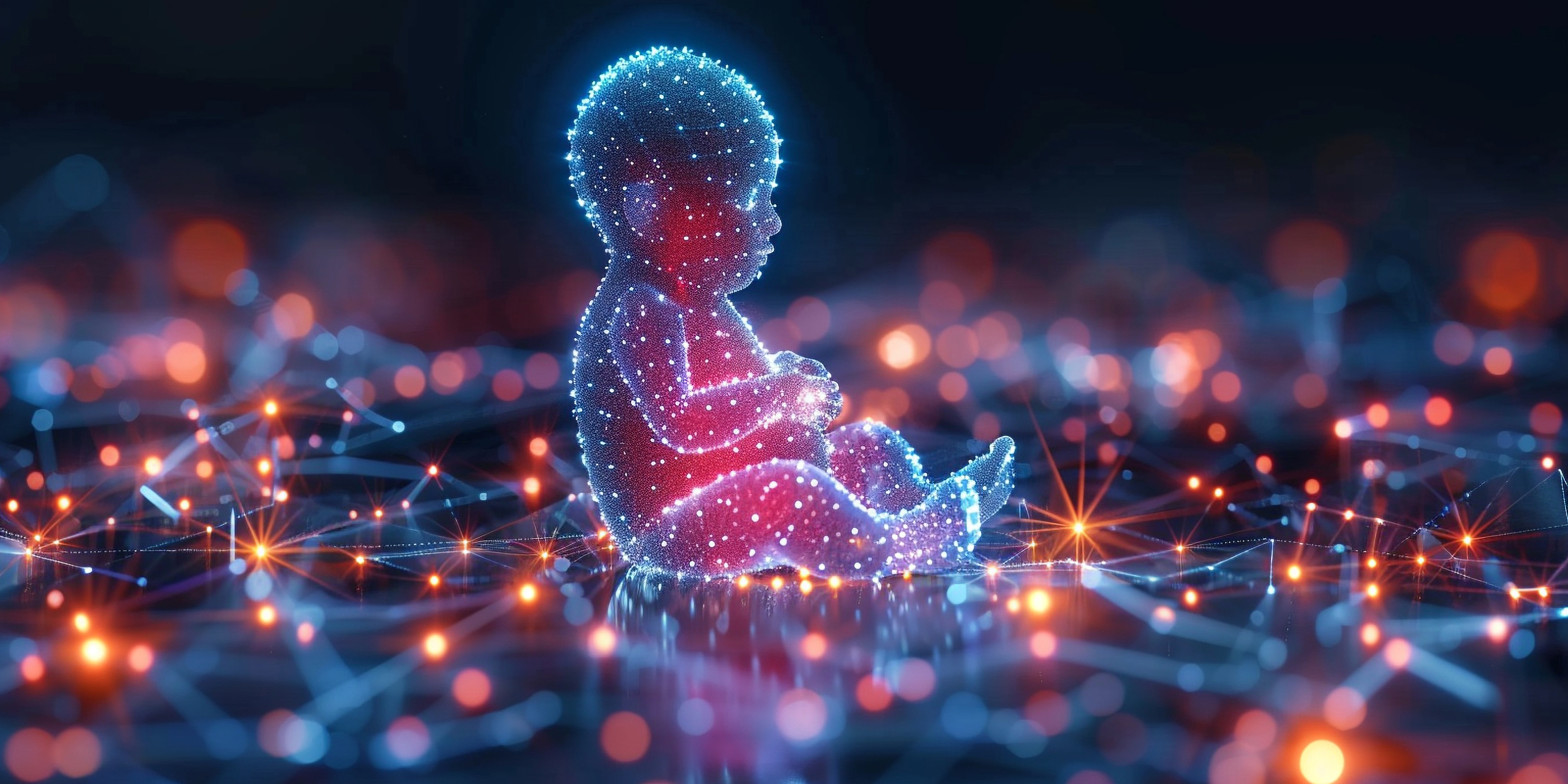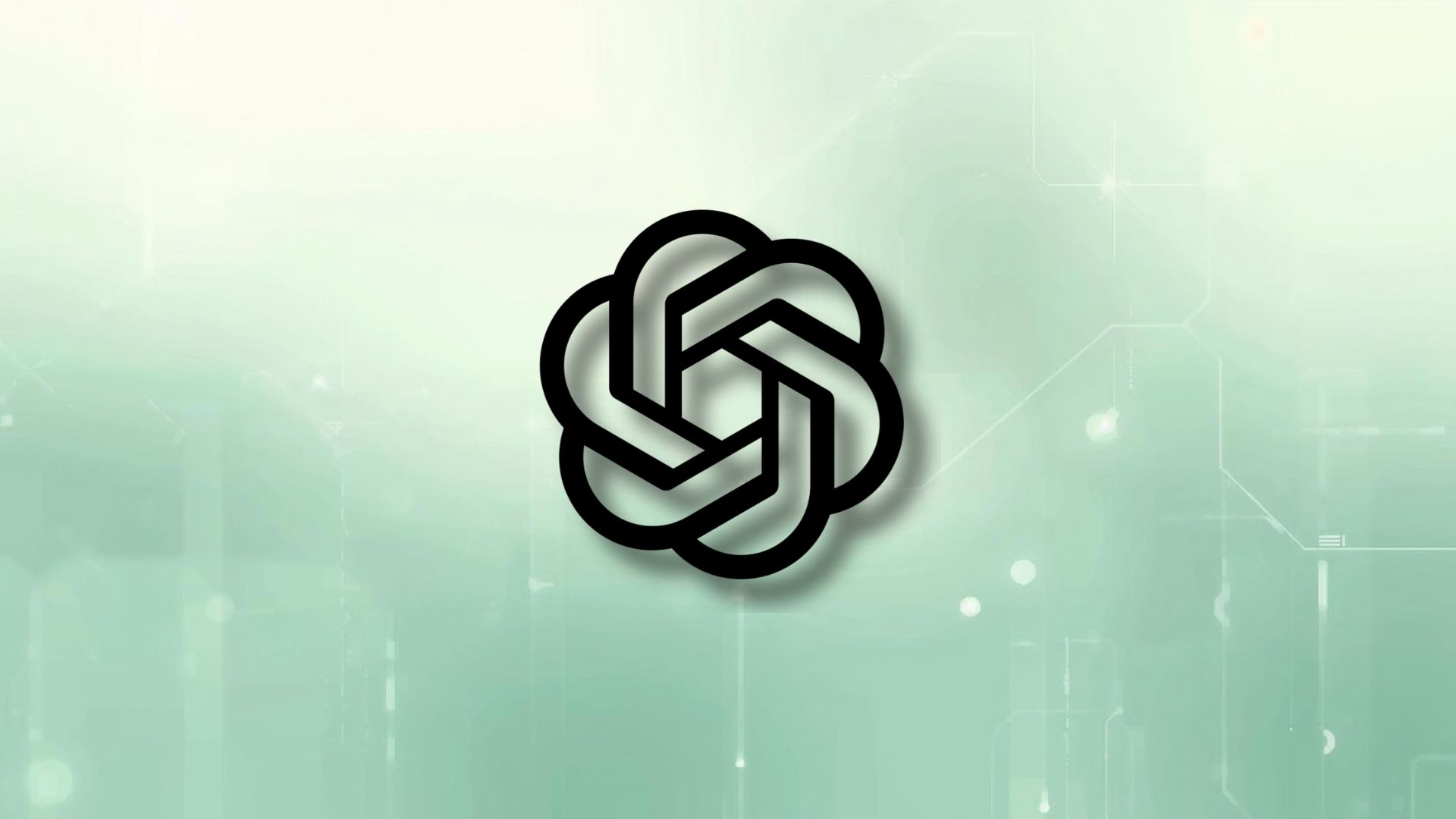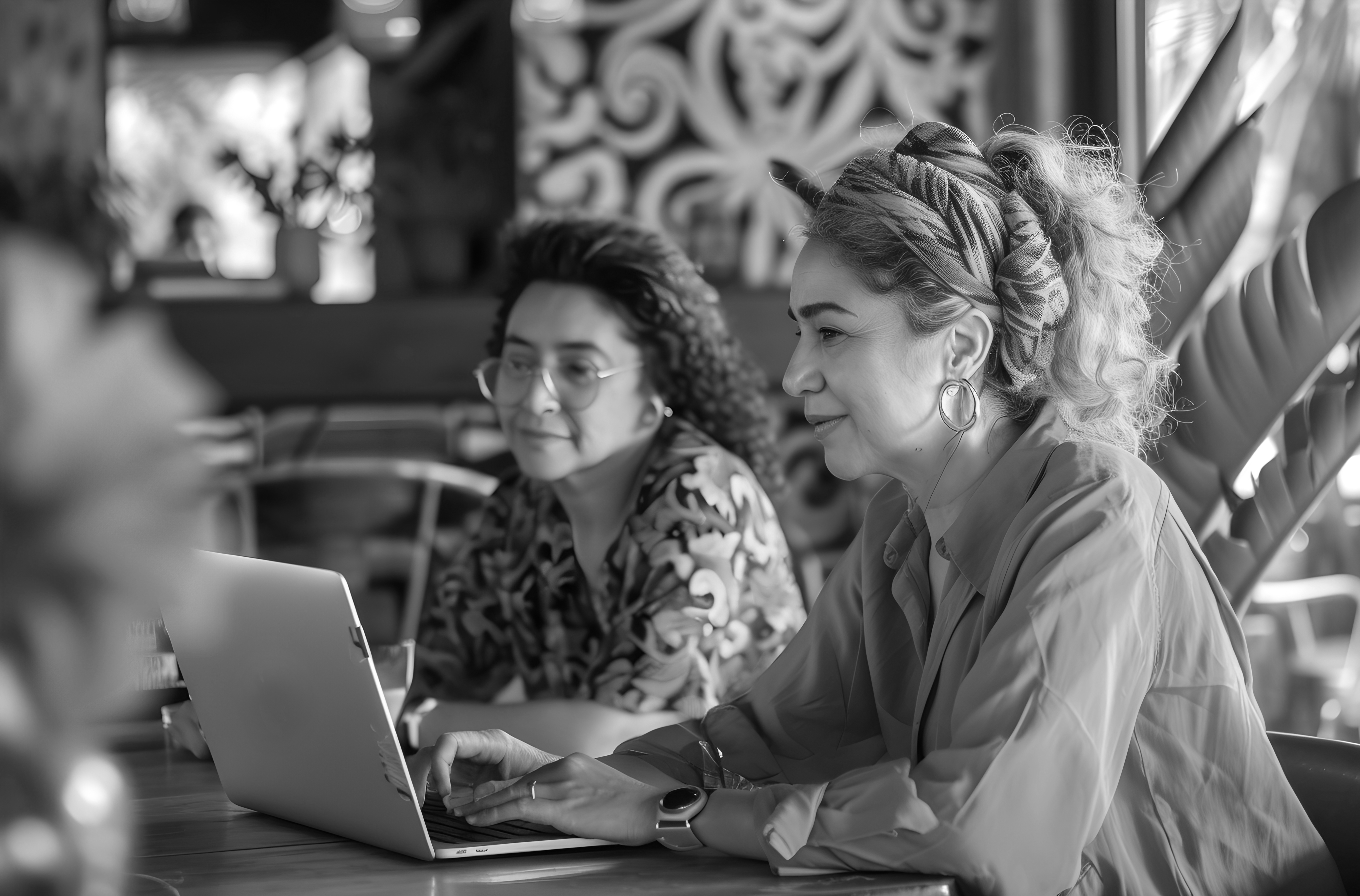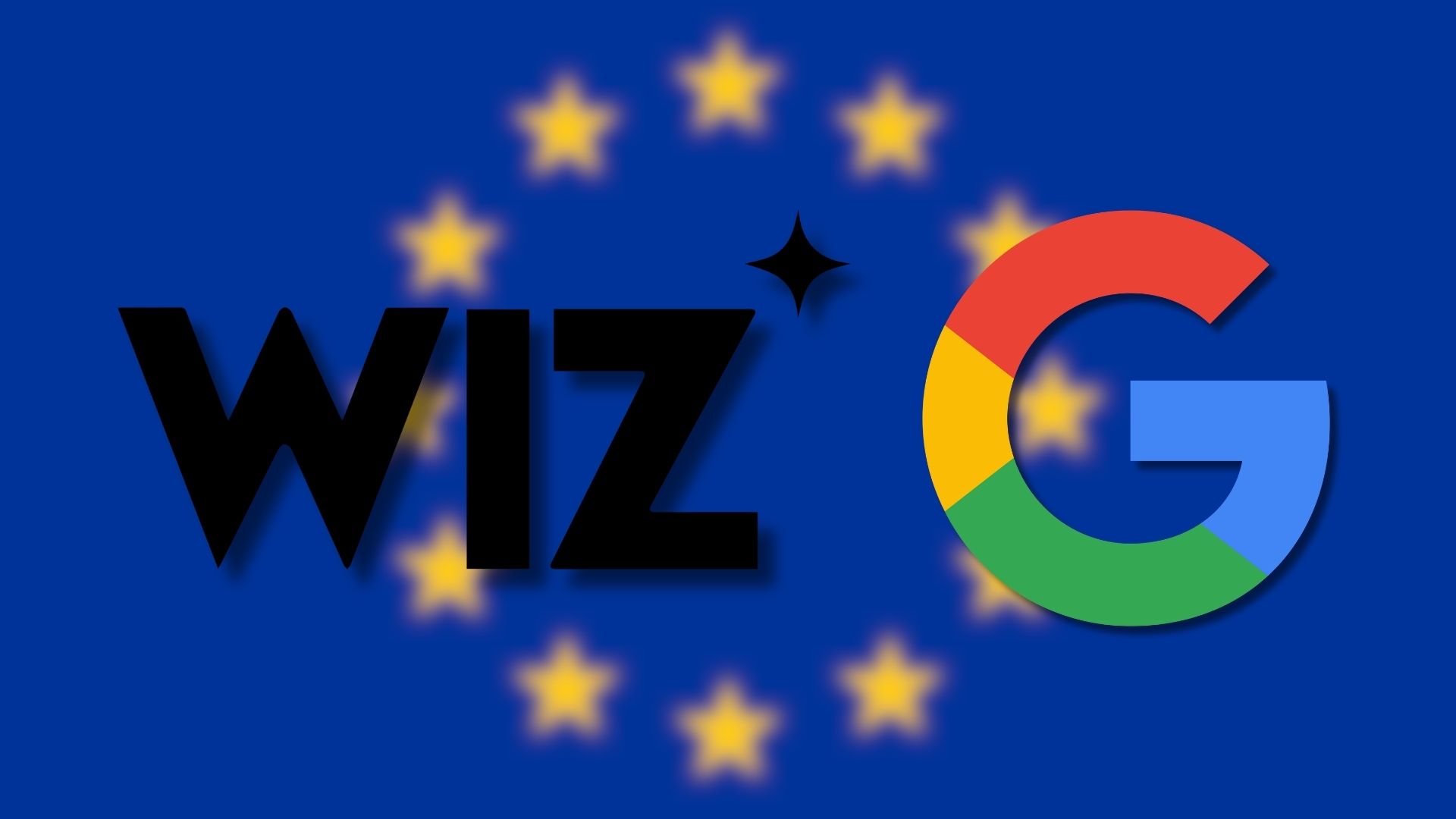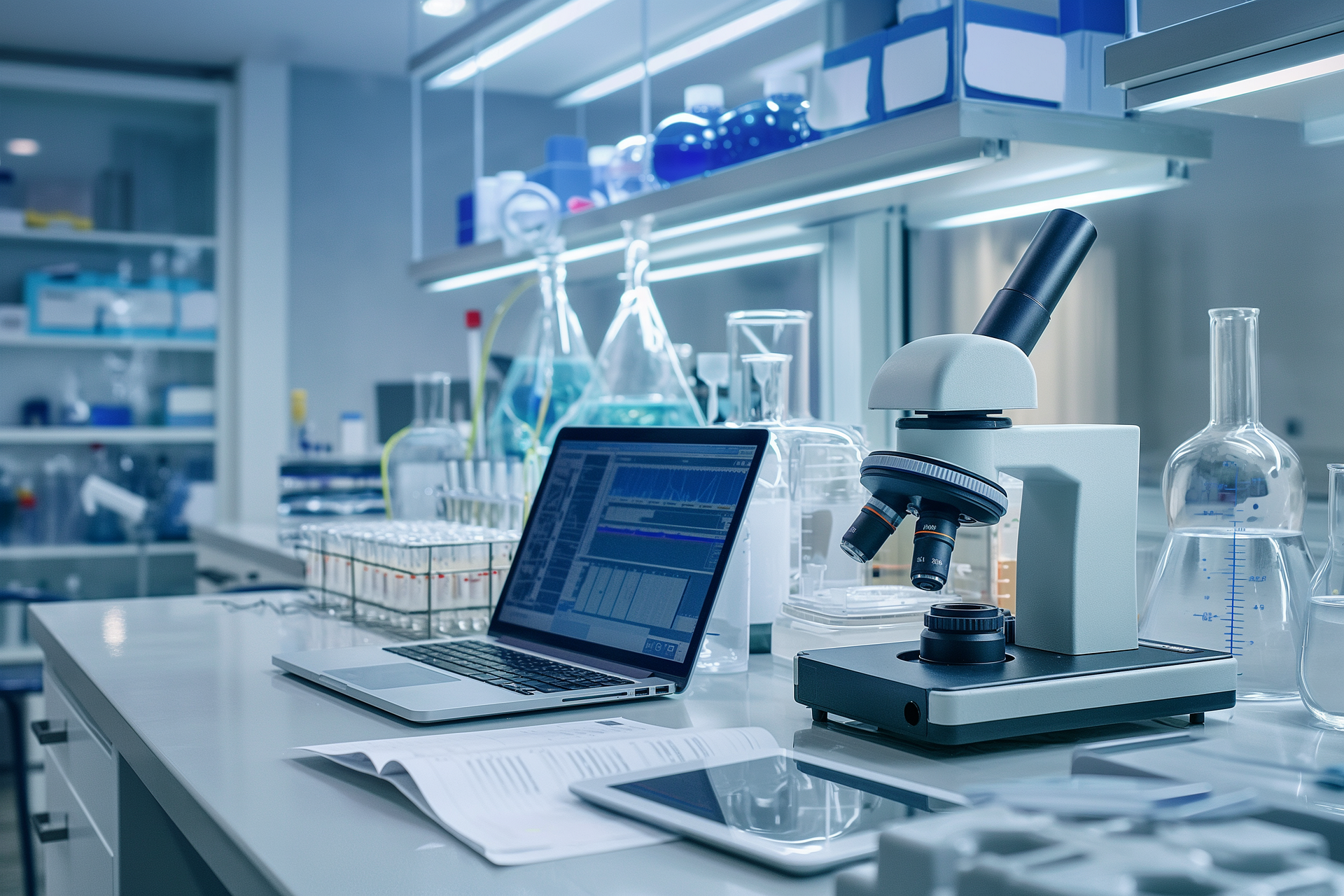A new AI model has shown strong potential for detecting placenta accreta spectrum, a dangerous condition that often goes undiagnosed during pregnancy.
Researchers presented the findings at the annual meeting of the Society for Maternal-Fetal Medicine, highlighting that traditional screening identifies only about half of all cases.
Placenta accreta spectrum arises when the placenta attaches abnormally to the uterine wall, often after previous surgical procedures such as caesarean delivery.
The condition can trigger severe haemorrhage, organ failure, and death, yet many pregnancies with elevated risk receive inconclusive or incorrect assessments through standard ultrasound examinations.
A study that involved a retrospective review by specialists at the Baylor College of Medicine, who analysed 2D obstetric ultrasound images from 113 high-risk pregnancies managed at the Texas Children’s Hospital between 2018 and 2025.
The AI system detected every confirmed case of placenta accreta spectrum, produced two false positives, and generated no false negatives.
Researchers believe such technology could significantly improve early identification and clinical preparation.
They argue that AI screening, when used in addition to current methods, may reduce maternal complications and support safer outcomes for patients facing this increasingly common condition.
Would you like to learn more about AI, tech and digital diplomacy? If so, ask our Diplo chatbot!

